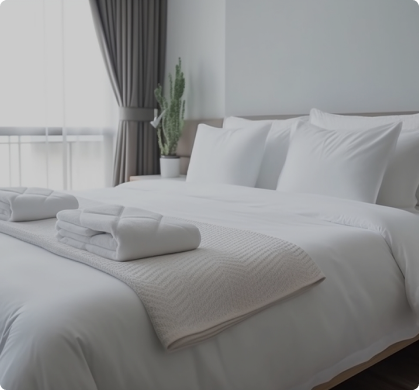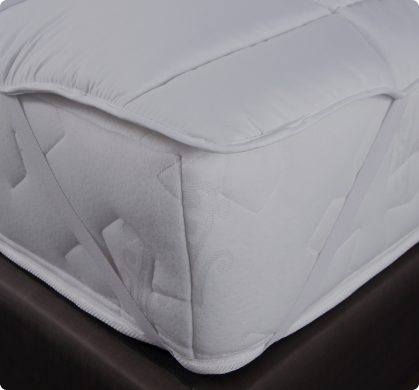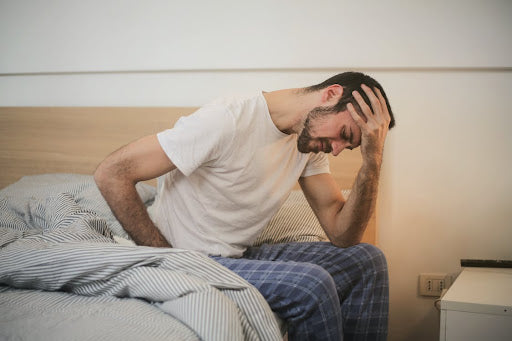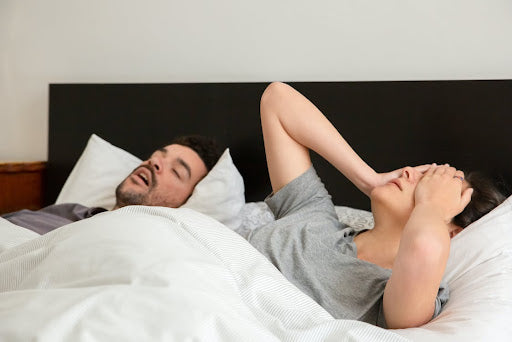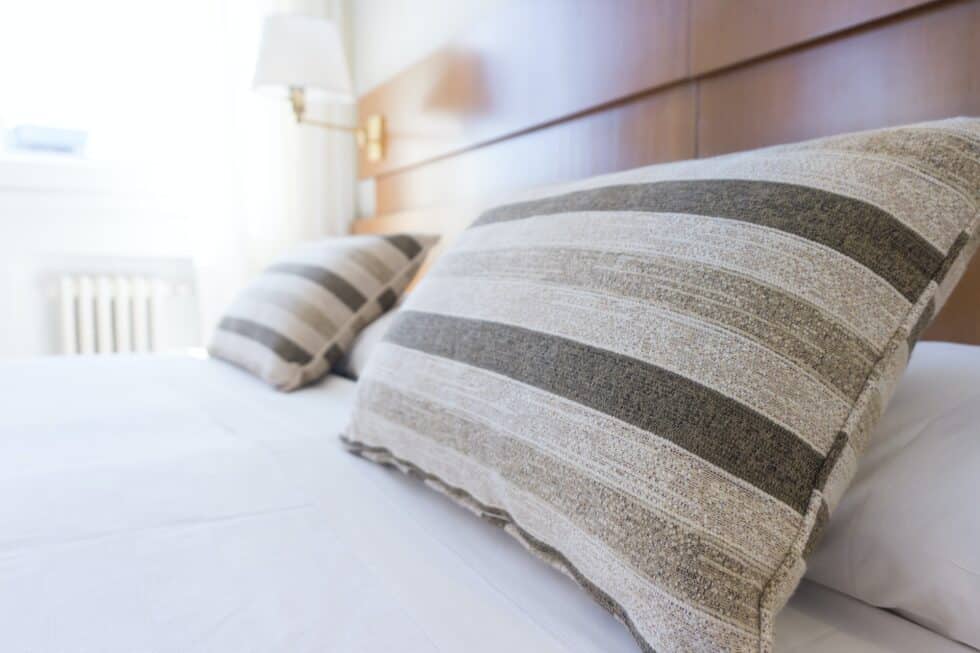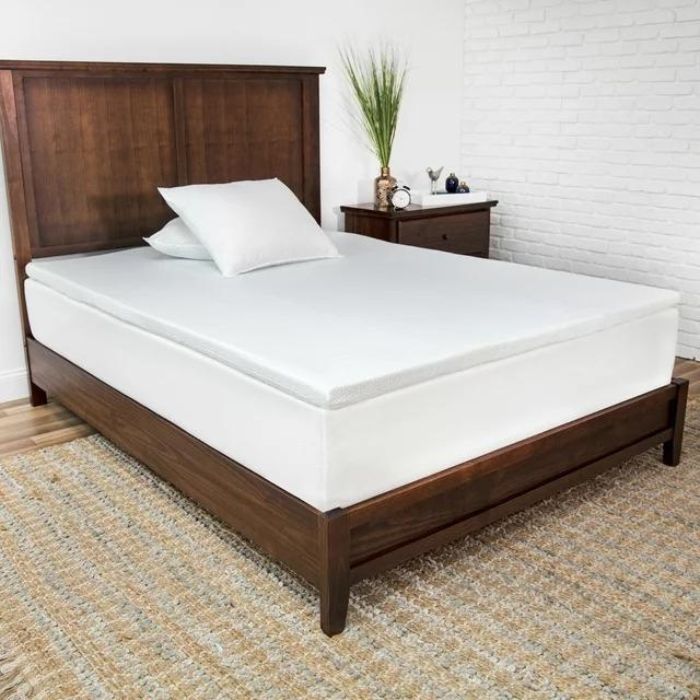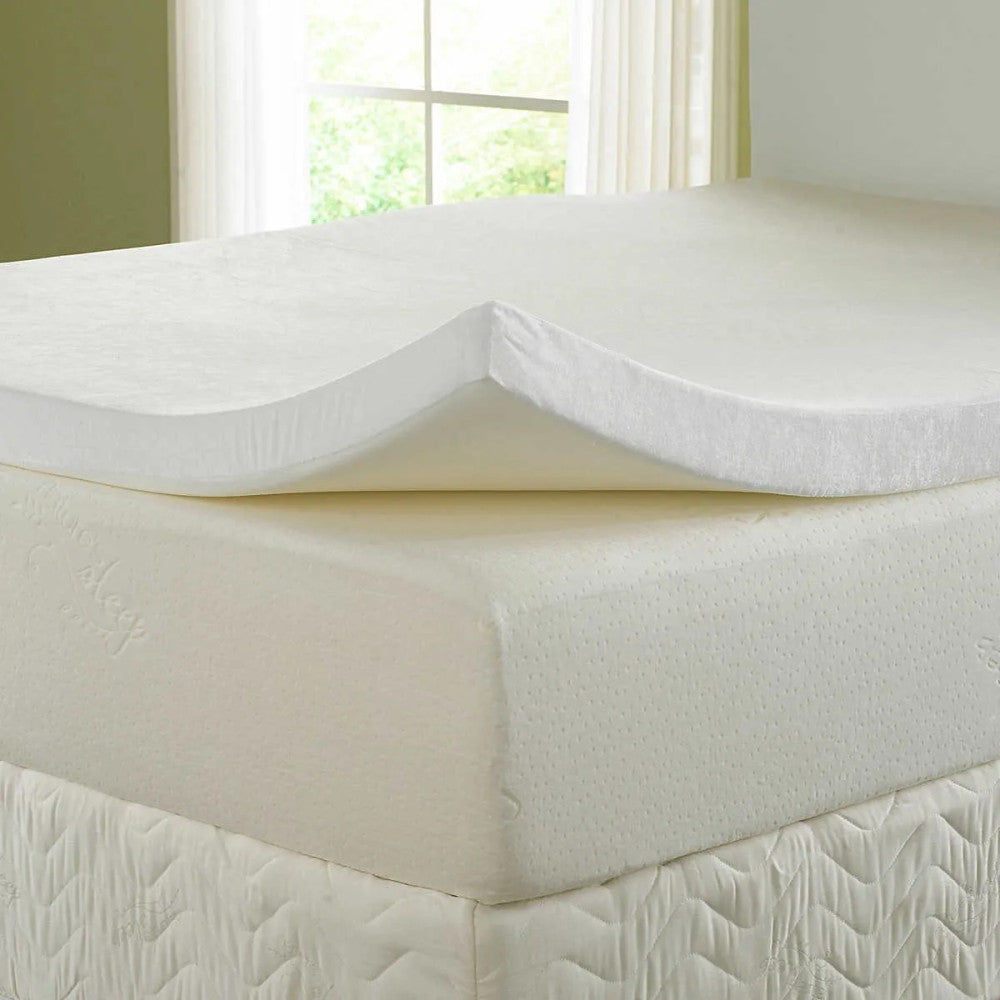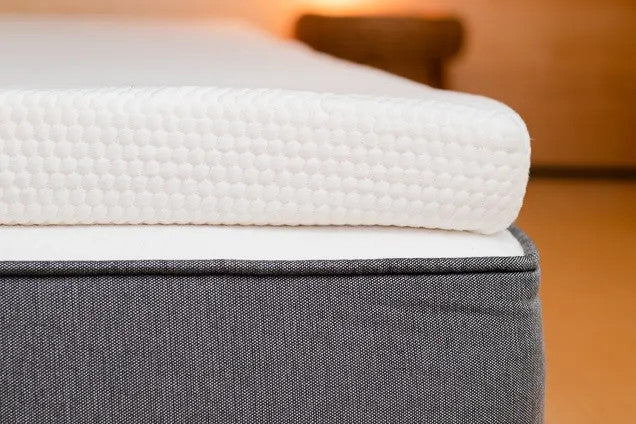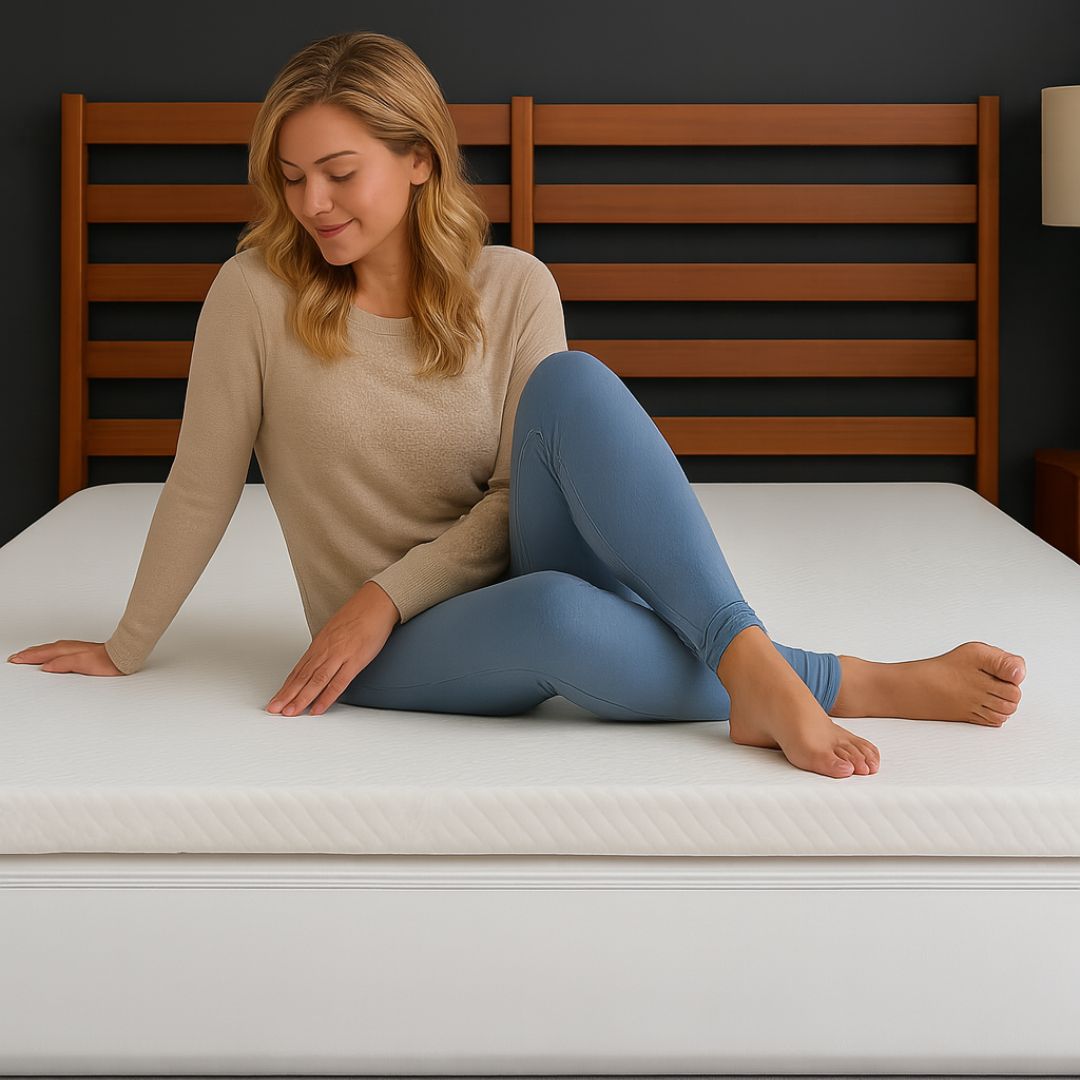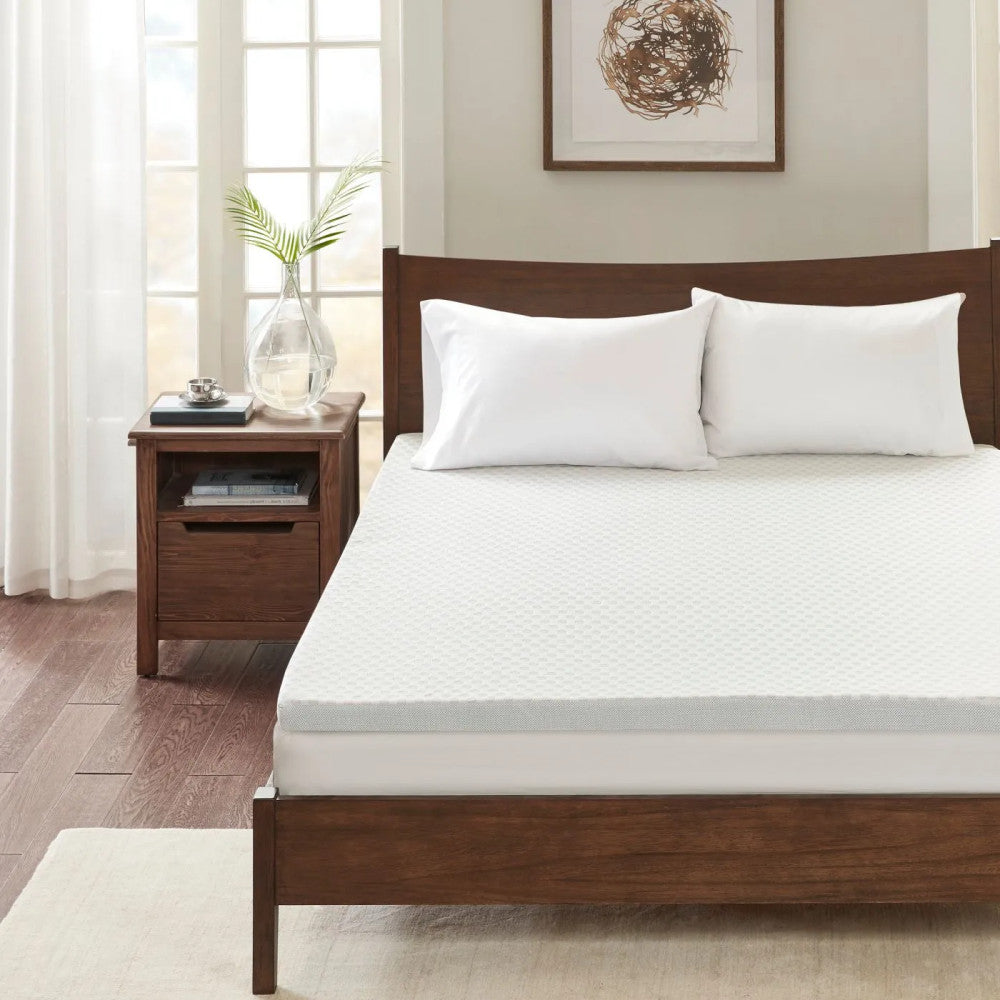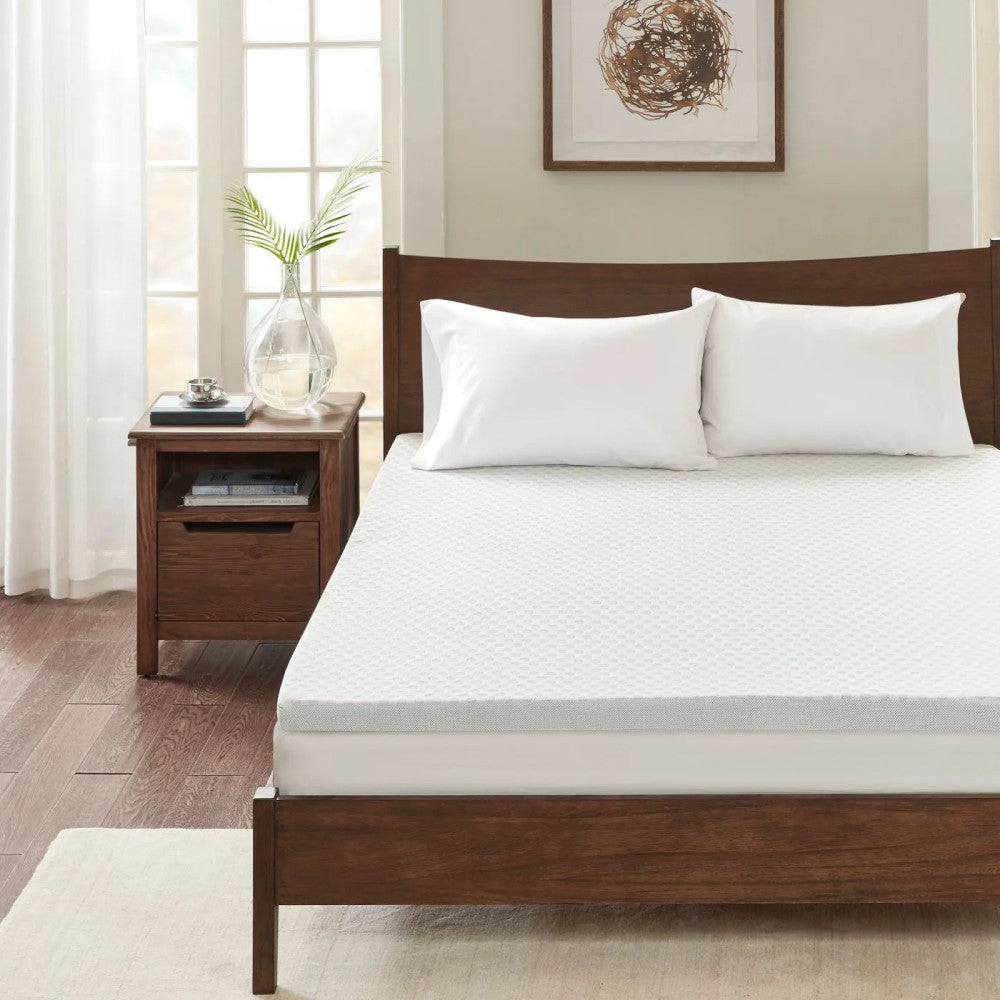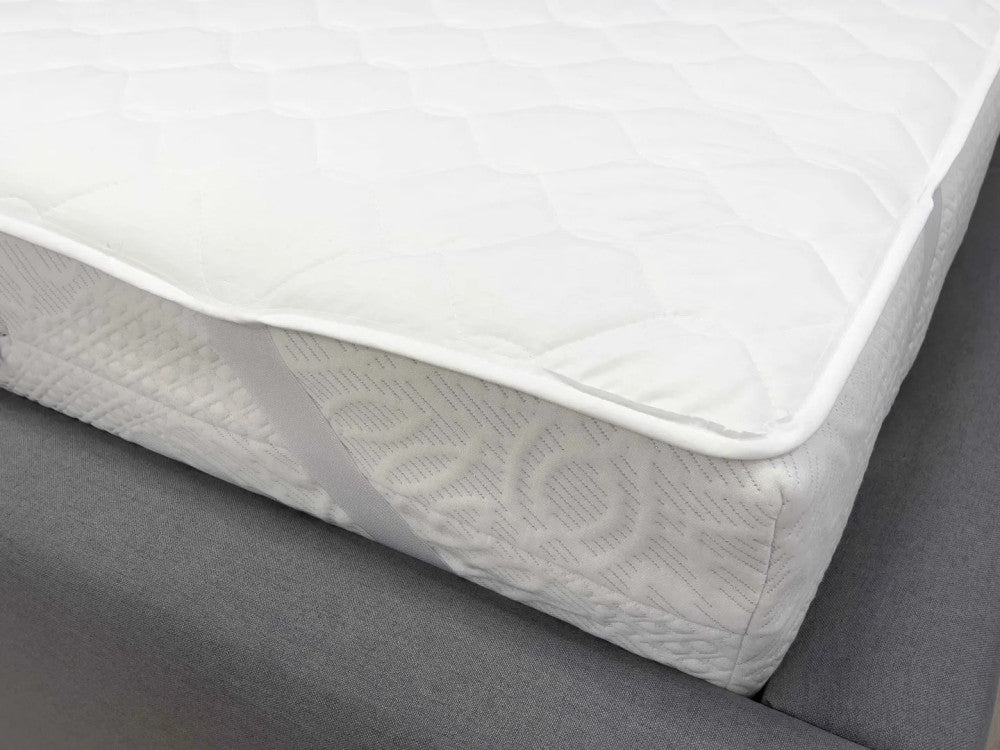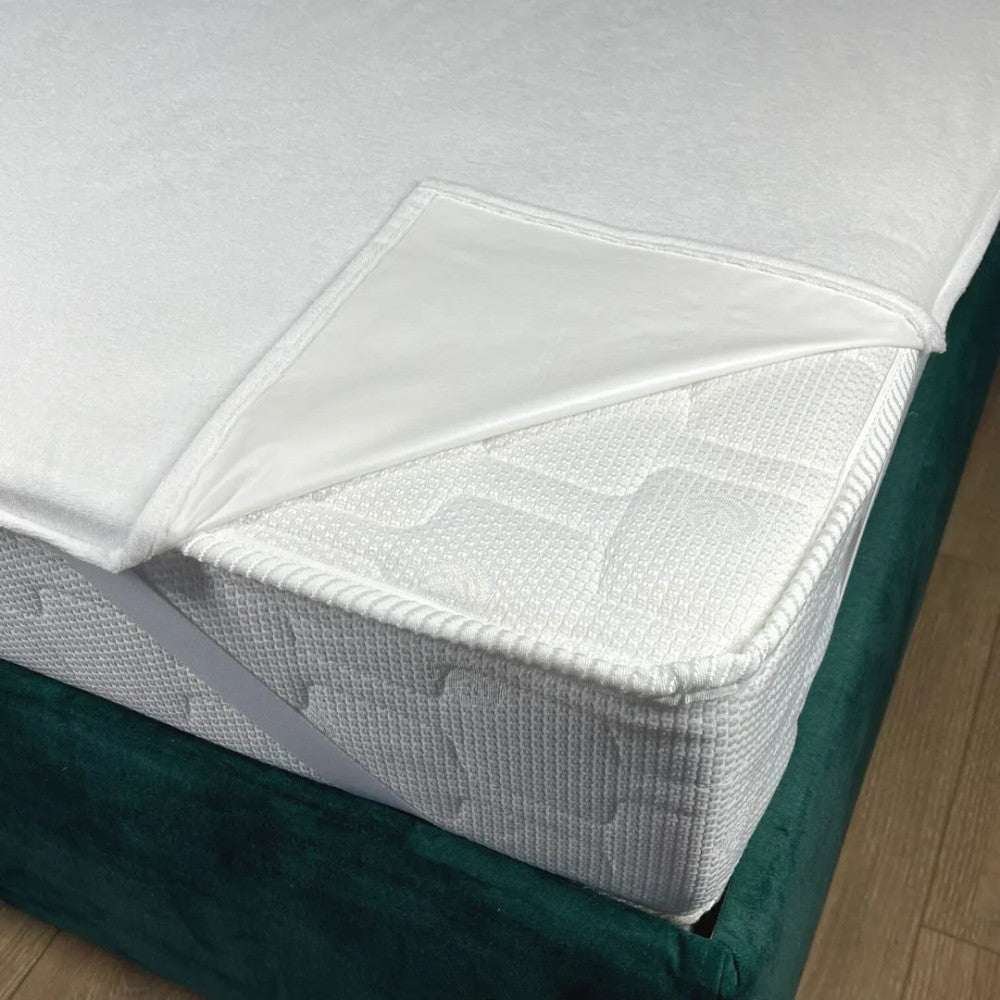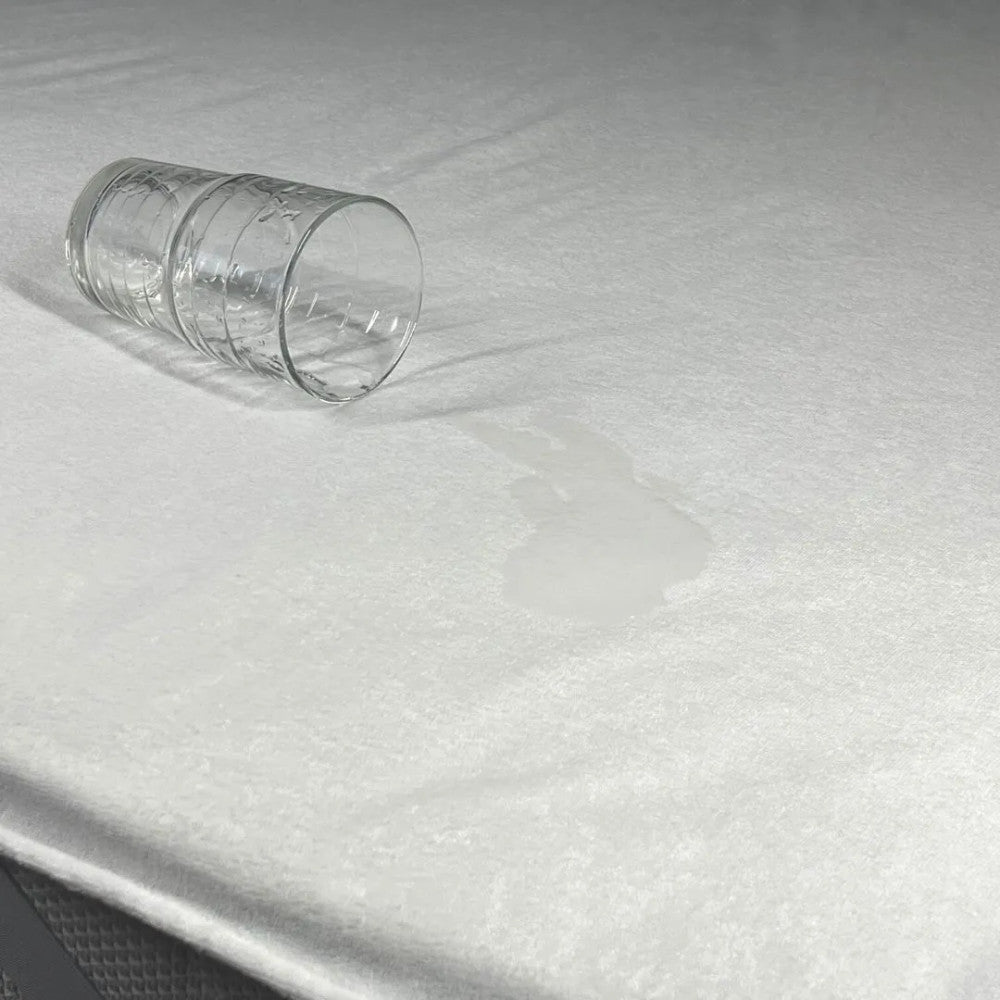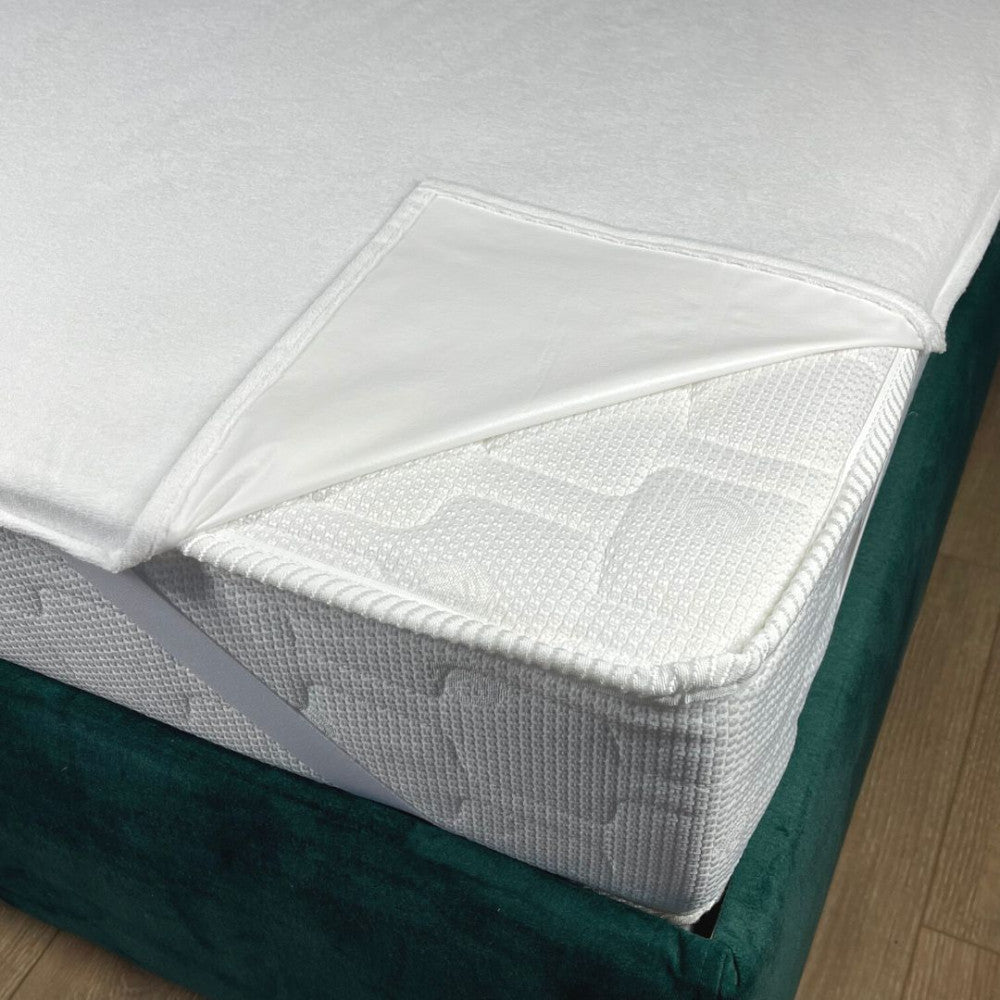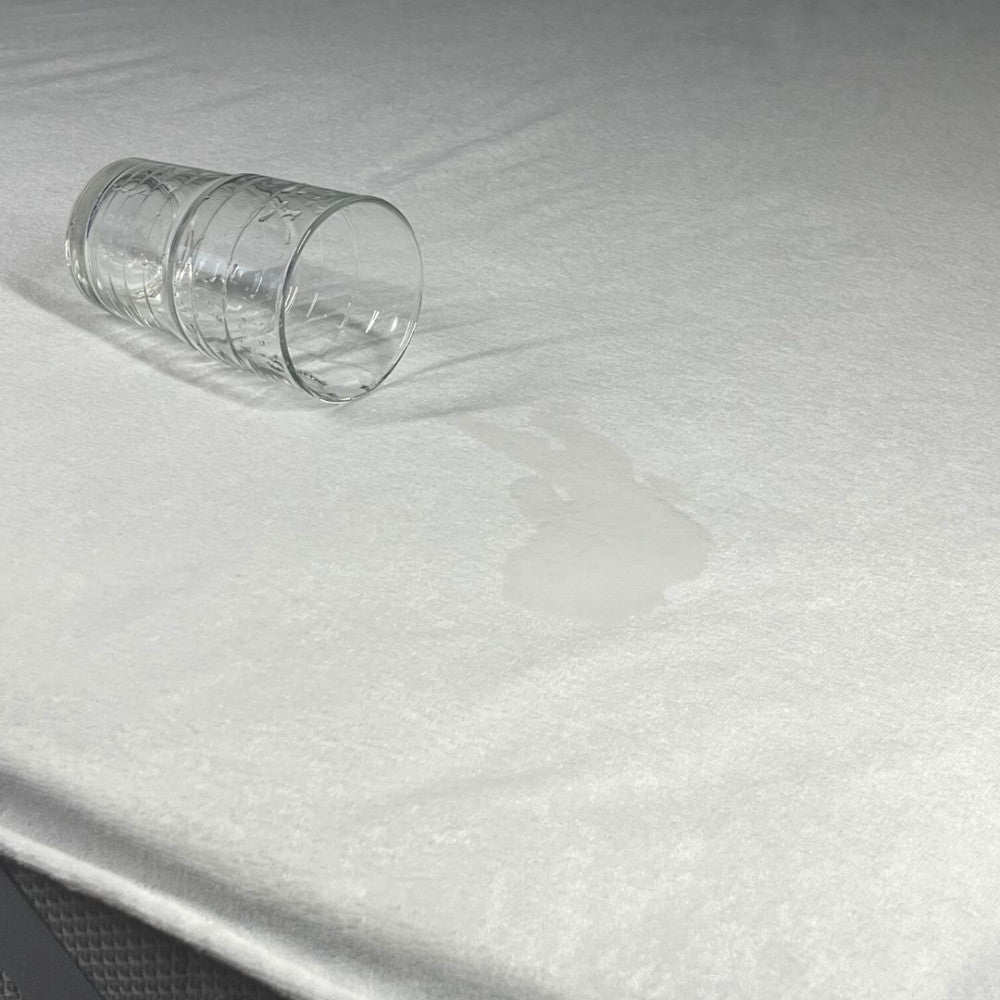If you often wake up with a headache in the morning, you're not alone: about 1 in 13 people suffer from the same problem. These headaches typically affect women between the ages of 45 and 64.
This can be attributed to numerous reasons: it could be sleep apnea or the pain could be caused by lack of sleep (the two are often related).
In this article, we will show you the possible causes of morning headaches and what you can do about them.

What causes morning headaches?
As you transition from sleep to wakefulness, parts of your brain begin to “wake up.”
At this time, your brain becomes more sensitive to various changes, regardless of whether they are triggered by movement, touch, or sound. At this time, it also reacts much more sensitively to pain.
Additionally, the hypothalamus in the brain is involved in both sleep and pain processes. The hypothalamus regulates your natural circadian rhythm and sleep cycles, as well as modulating sensation and pain.
However, disorders of the hypothalamus change your pain tolerance during sleep, and you may not feel it while you are sleeping, but you may still wake up with a throbbing headache in the morning.
However, the reason behind this could also be the wrong choice of pillow or mattress. But let's not get too far ahead, let's take a look at what can cause your headache in the morning.
1. Sleep apnea
People with obstructive sleep apnea (OSA for short) experience intermittent or complete breathing stops during sleep; this affects approximately 2-9% of the Hungarian population.
Morning headaches are a common symptom of OSA, with 1/3 of those suffering from the condition reporting morning headaches. A characteristic of the symptoms is that the pain completely disappears about half an hour after waking up.
Sleep apnea can be treated with a CPAP device, which is a sleep aid that eliminates the pauses in breathing that accompany very loud snoring.
Recommender: Do you suffer from sleep apnea? Read our detailed article about the disease and its symptoms!
2. Circadian rhythm disorders
Research suggests that disruptions or changes in circadian rhythms may also play a role in the development of migraine attacks and cluster headaches. (This is a one-sided, severe headache that comes in cycles.)
Circadian rhythms are 24-hour biological cycles that are involved in the physiological processes of humans, animals, plants, and even bacteria. One example is the most well-known sleep-wake rhythm.
The research reported that in one study, 82 percent of cluster headache sufferers experienced their headaches at the same time every day, namely 2 a.m.
So, if your headaches typically occur at this time, at dawn, then a disruption in your circadian rhythm is to blame.
Fortunately, however, there is a solution:
- Go to bed and get up at about the same time every day.
- Figure out how much sleep you need - it will probably be between 6-8 hours.
- Spend a few hours a day outdoors during daylight hours, as this will help you to properly "calibrate" your biological clock.
- The temperature in the bedroom should preferably be around 18 degrees and the room should be well darkened.
- Don't watch TV or look at your phone an hour before bed, just read.

3. Oversleeping
Too much sleep is also not good, as even those who regularly sleep too much can develop morning headaches. The exact cause of this is unknown, but it is generally believed to be linked to the aforementioned natural circadian rhythm and disruption of the brain's neural pathways.
The best way to avoid morning headaches caused by oversleeping is to restore your natural sleep-wake cycle by going to bed and waking up at about the same time every night. Try not to sleep more than 8 hours a day, as this can also cause headaches caused by oversleeping.
Oversleeping can also indicate depression or an illness that is worth getting checked out. Regular fatigue and drowsiness can easily indicate a thyroid disorder, for example.
4. Temporomandibular joint disorders
You might not think about it, but your early morning headache could be related to your jawbone.
Headaches are one of the most common symptoms of the not-so-friendly name temporomandibular joint disorder (TMJD).
TMJ disorders can cause pain, stiffness, and clicking in the jaw, as well as headaches.
The cause of these disorders is unknown, but they occur when there is dysfunction in the TMJ.
However, there is a solution to this too:
- soft foods should be eaten
- jaw movement should be limited as much as possible
- Stress should be reduced as much as possible (e.g. through exercise, yoga)
- various jaw stretching exercises should be performed.

5. Tense muscles
Early morning headaches can be caused, among other things, by tension in the neck muscles, which is often the result of choosing the wrong pillow and mattress.
On the one hand, pillows should provide adequate support for the neck and spine while sleeping. If the pillow is too high, the head position is too high in relation to the spine and it becomes tense. However, if it is too low, the head falls down in relation to the spine; in this case, the muscles also become tense.
There's a simple trick to finding the best size pillow. If you sleep on your side, simply measure the distance between your shoulder and neck: this will give you the right amount of support while you sleep. It's a good idea to choose a pillow with a medium firmness.
When sleeping on your back, the pillow should be low, just like when sleeping on your stomach. In this case, it is better to choose a softer, more concave pillow.
Tip: look how it is the ideal pillow for neck pain !
On the other hand, if the mattress is too hard, you may also have problems with headaches, as when lying on your side, the shoulder puts pressure on the neck, which can result in nerve pressure.
So, if your morning headache is accompanied by neck, shoulder, or lower back pain, it's most likely your pillow and/or mattress is the culprit.
Tip: read it our mattress selection guide also to find the best mattress.

